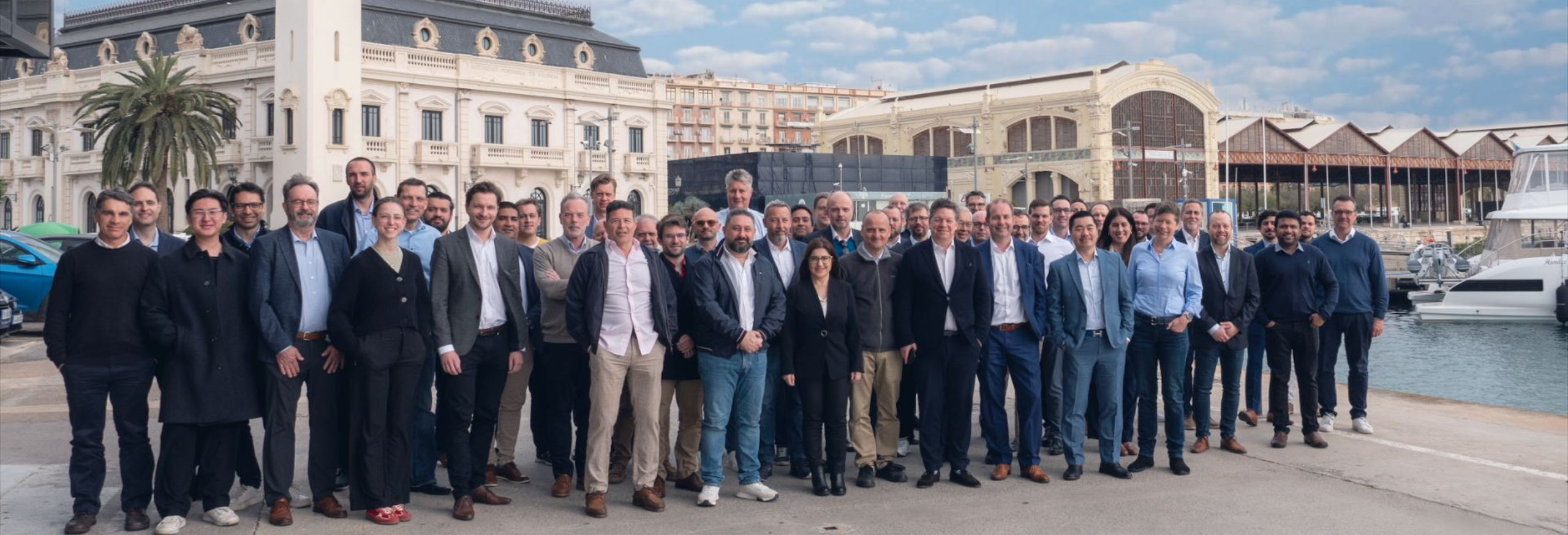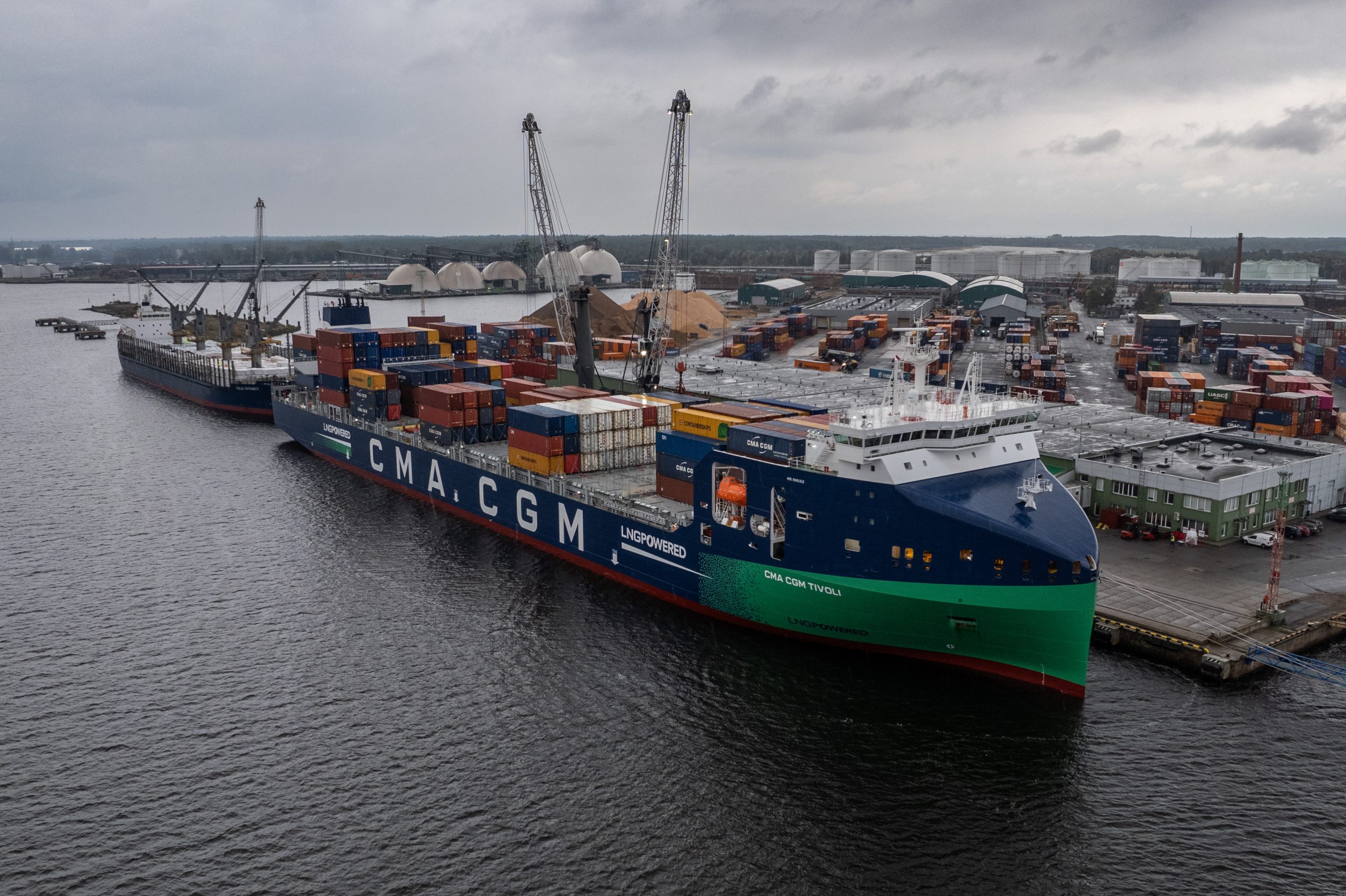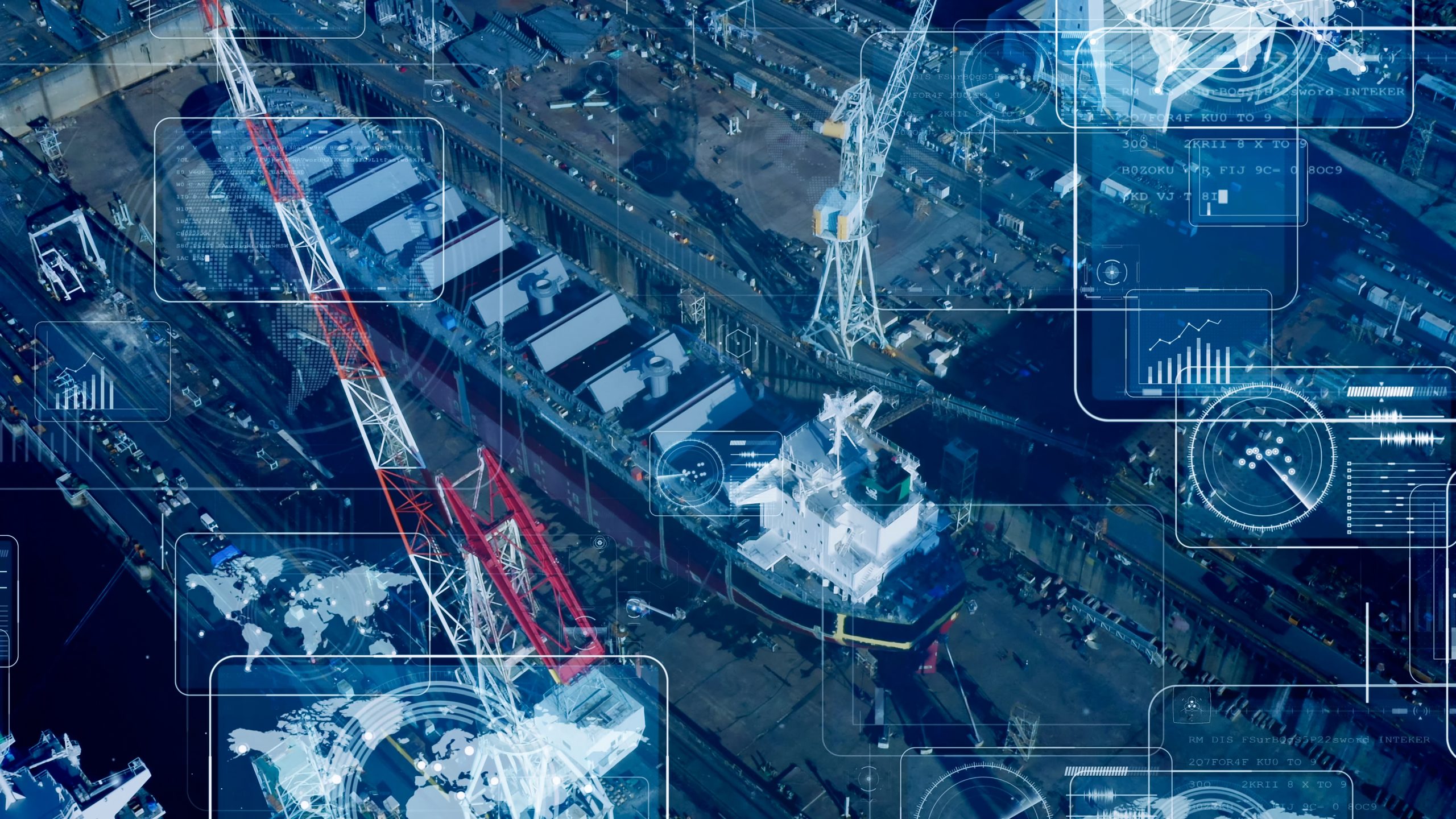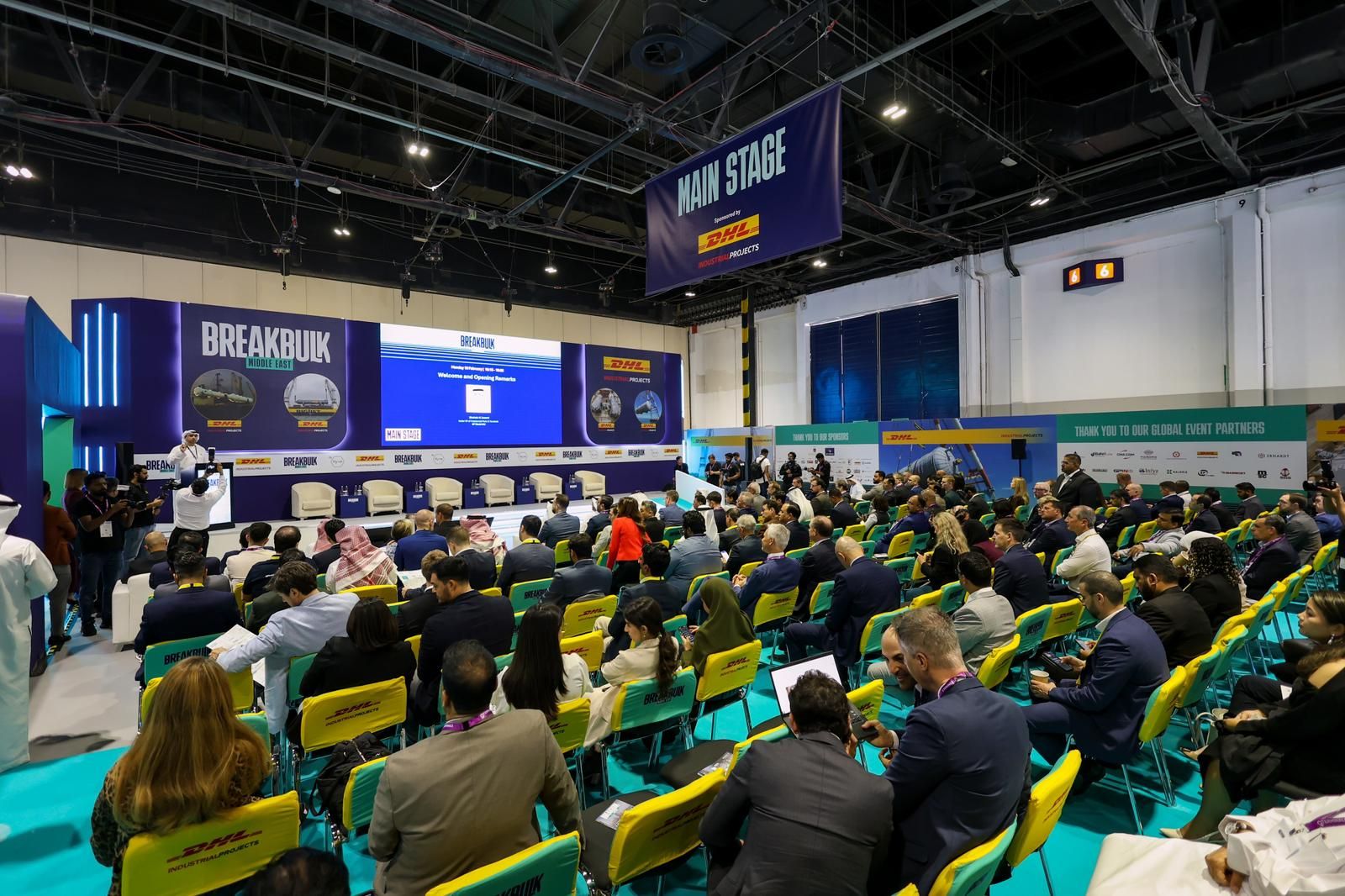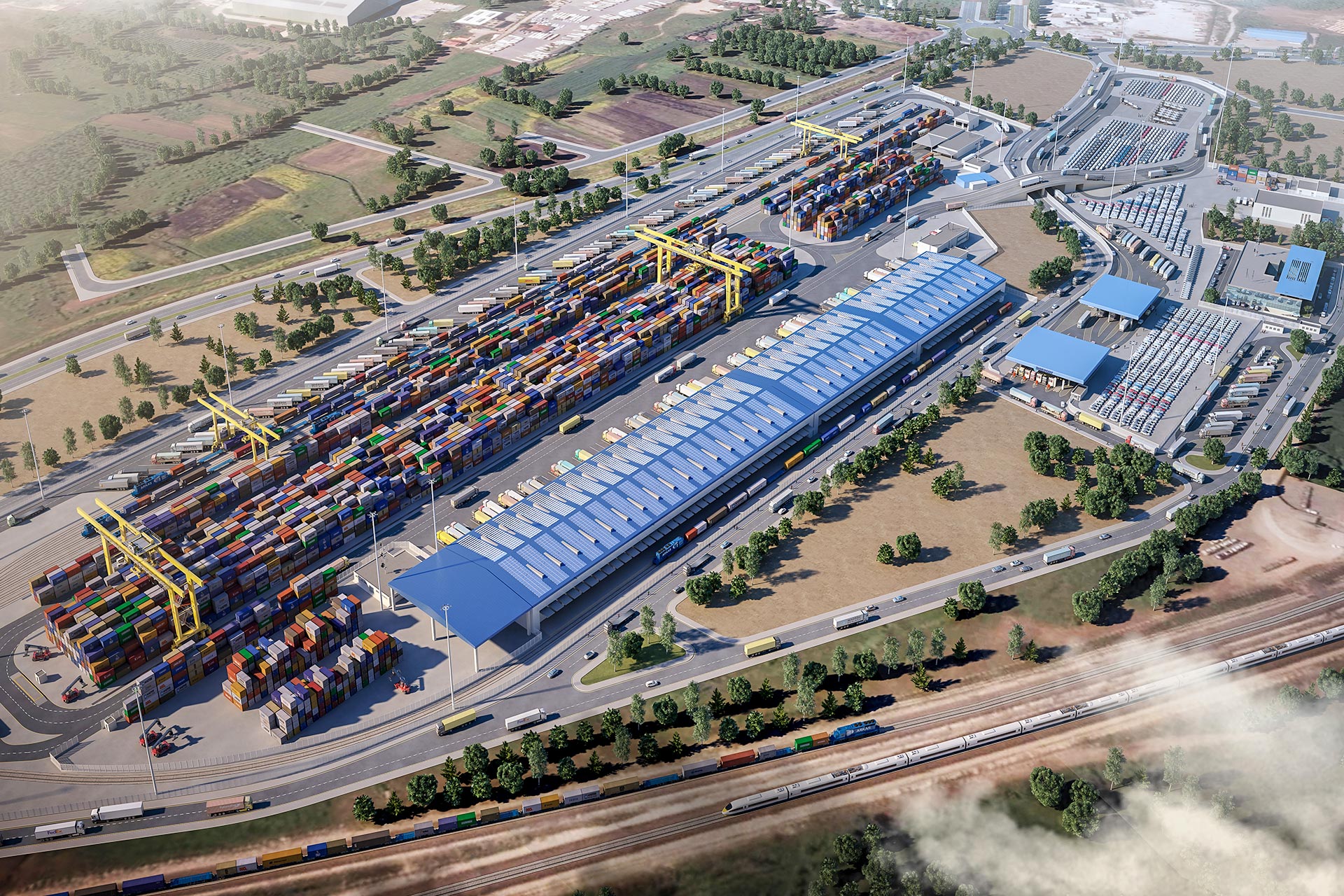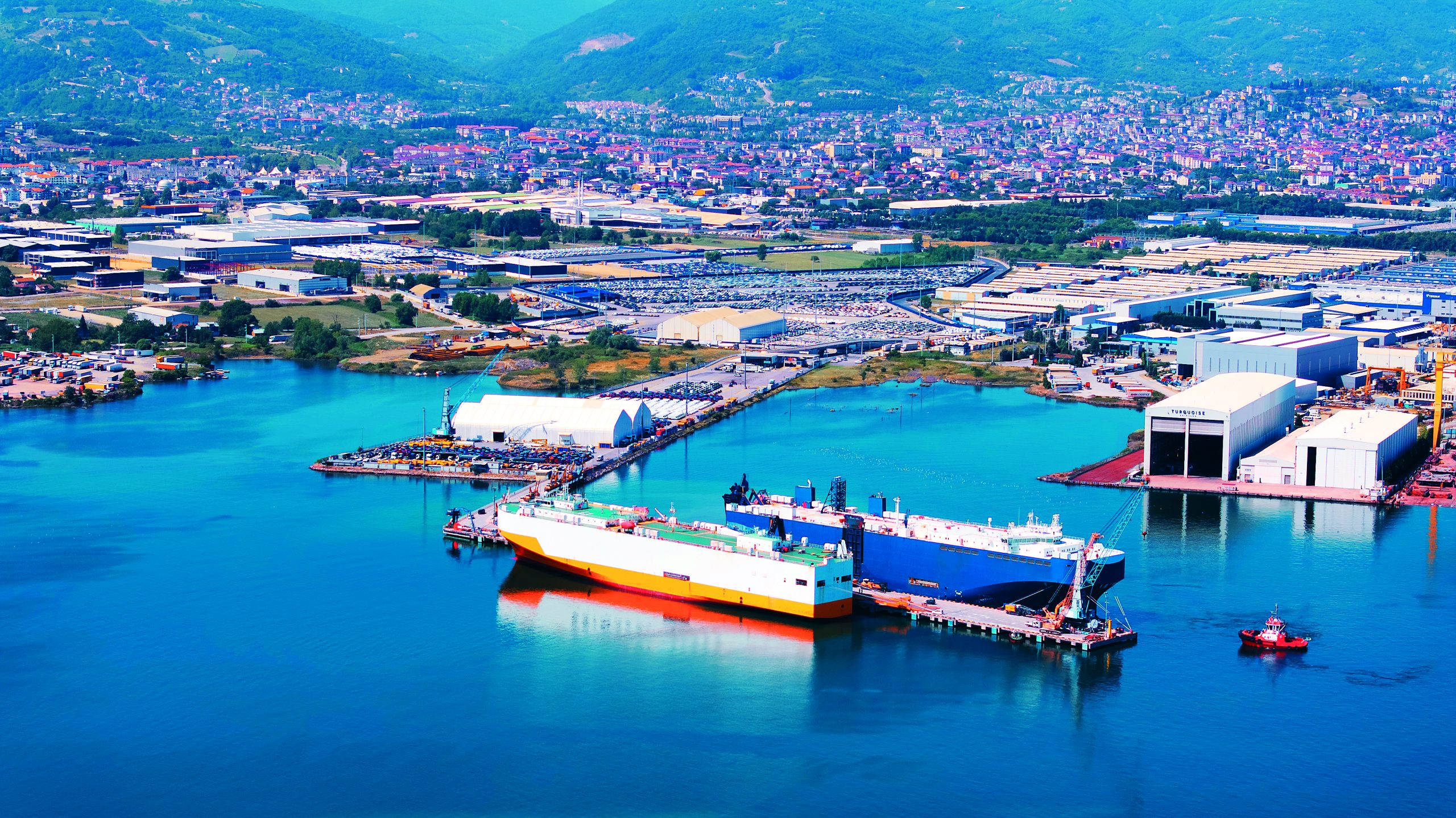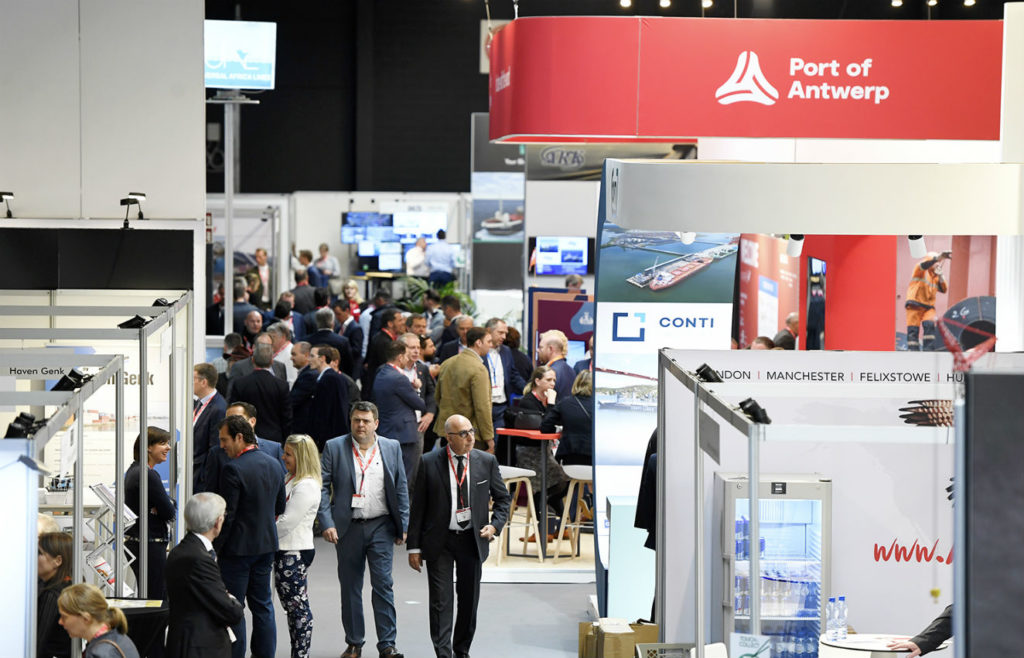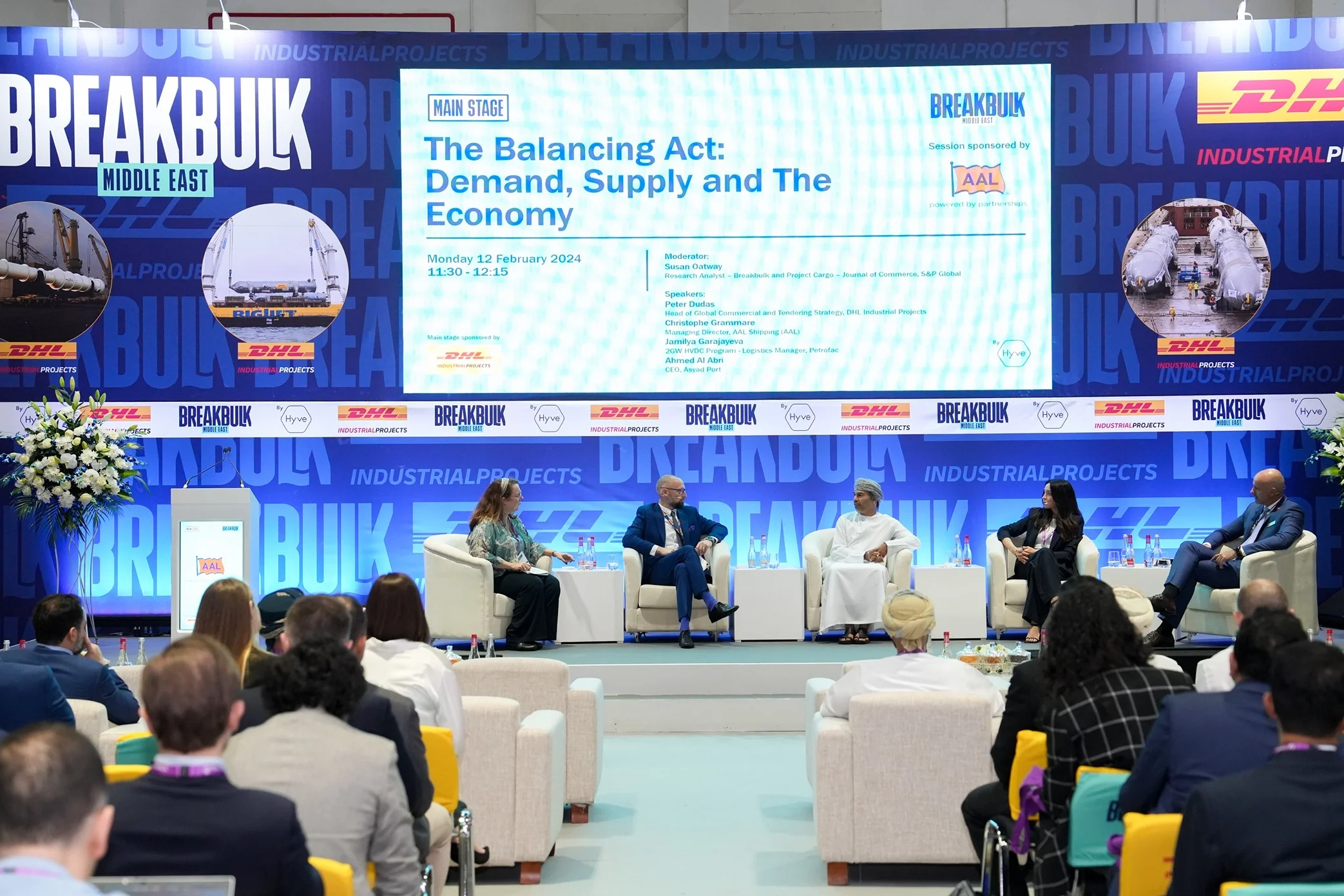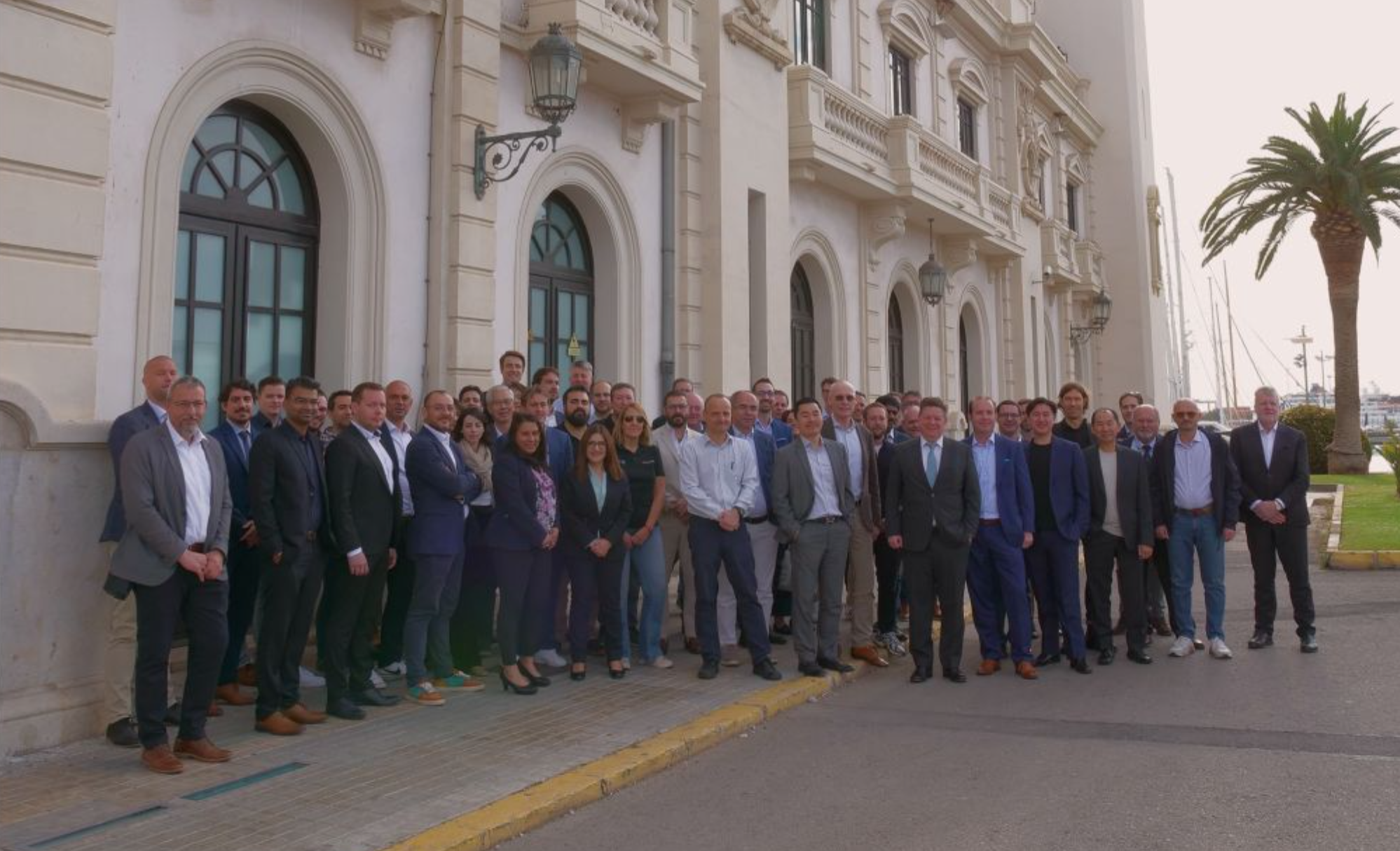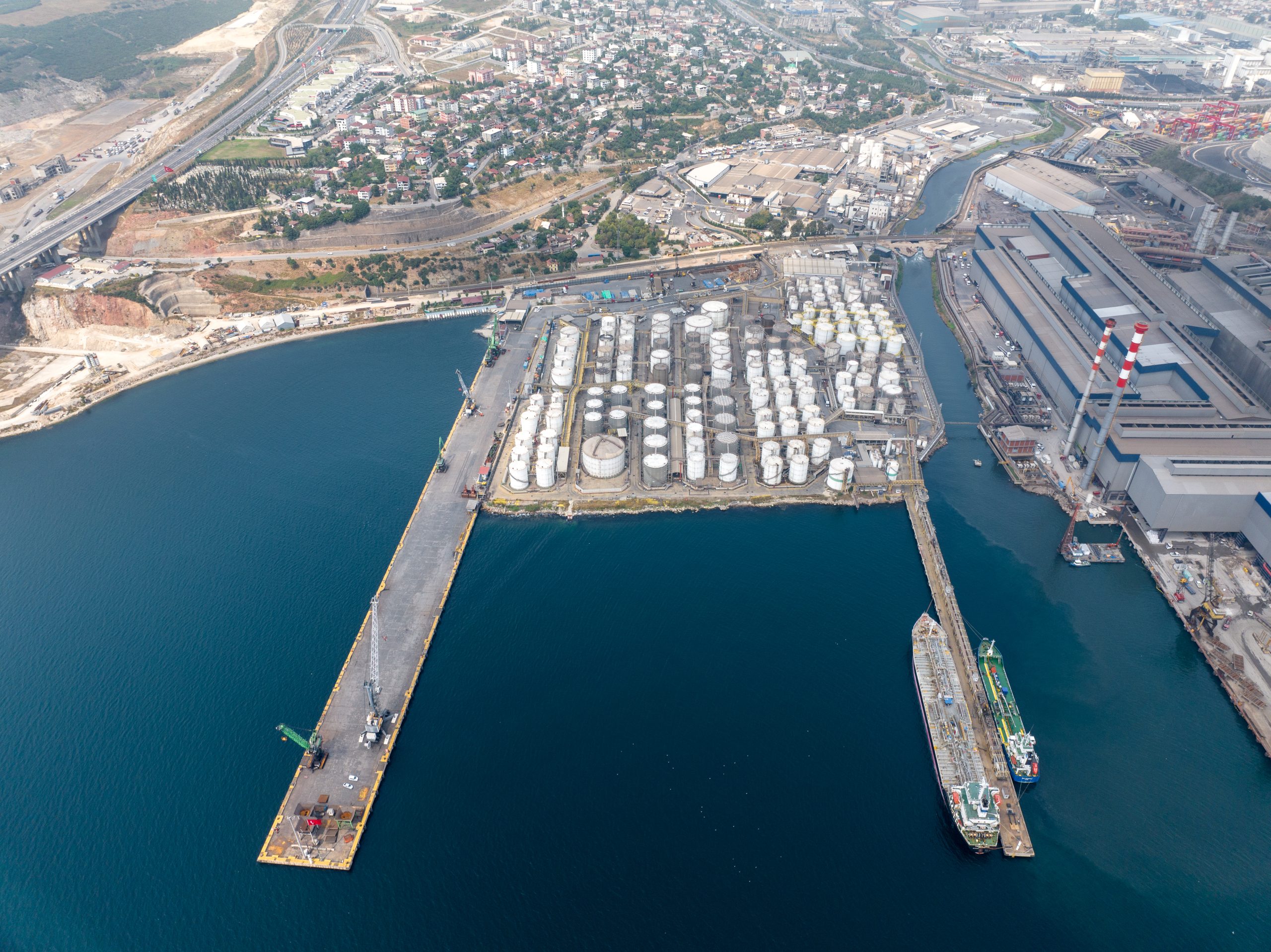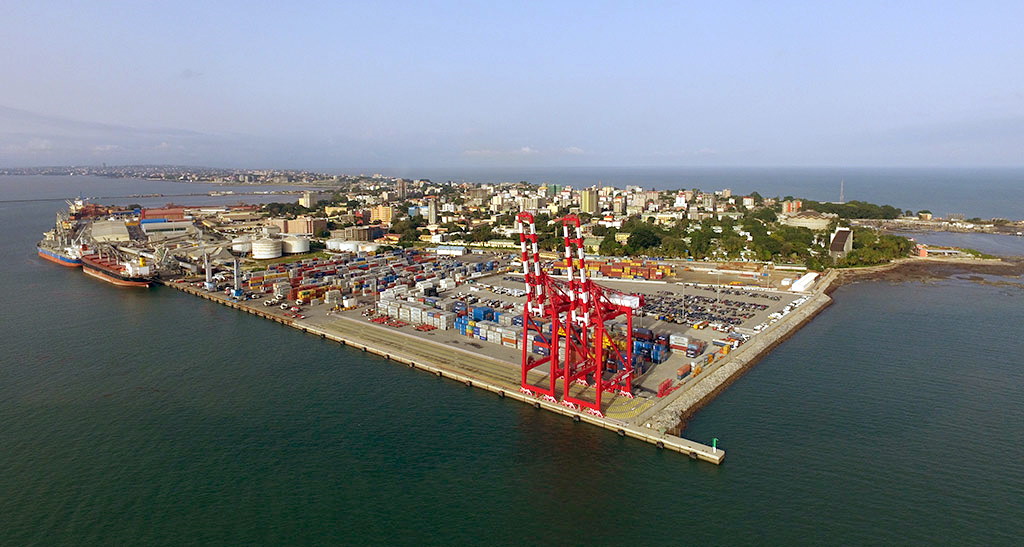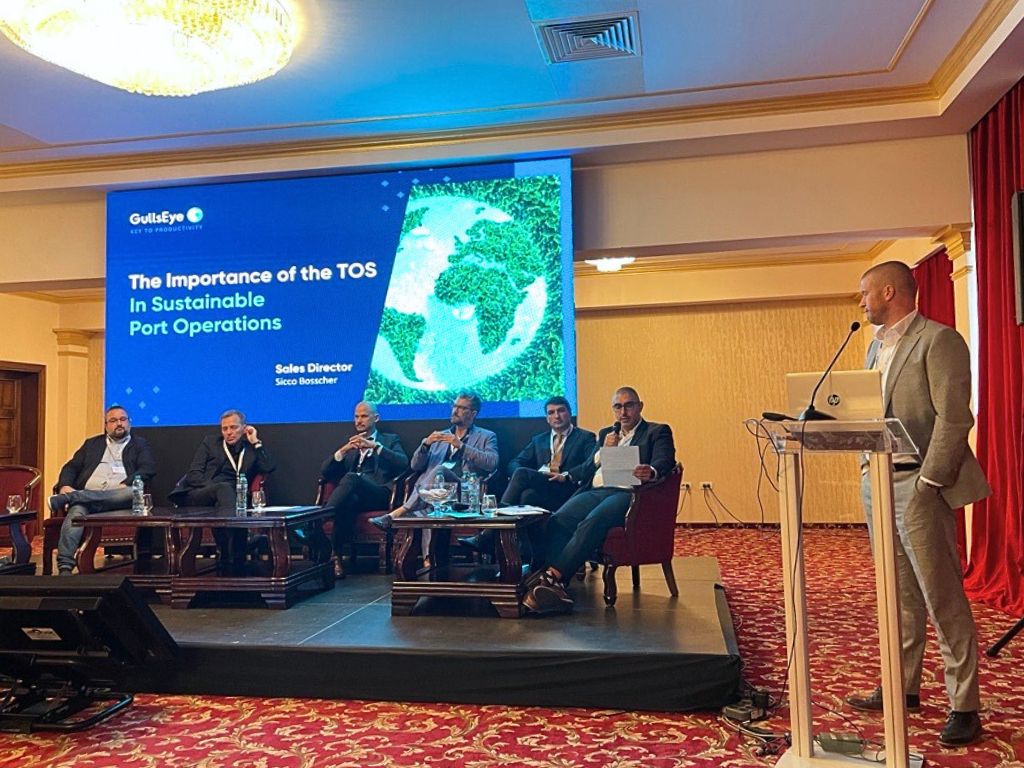Rethinking Port Operations (Article)
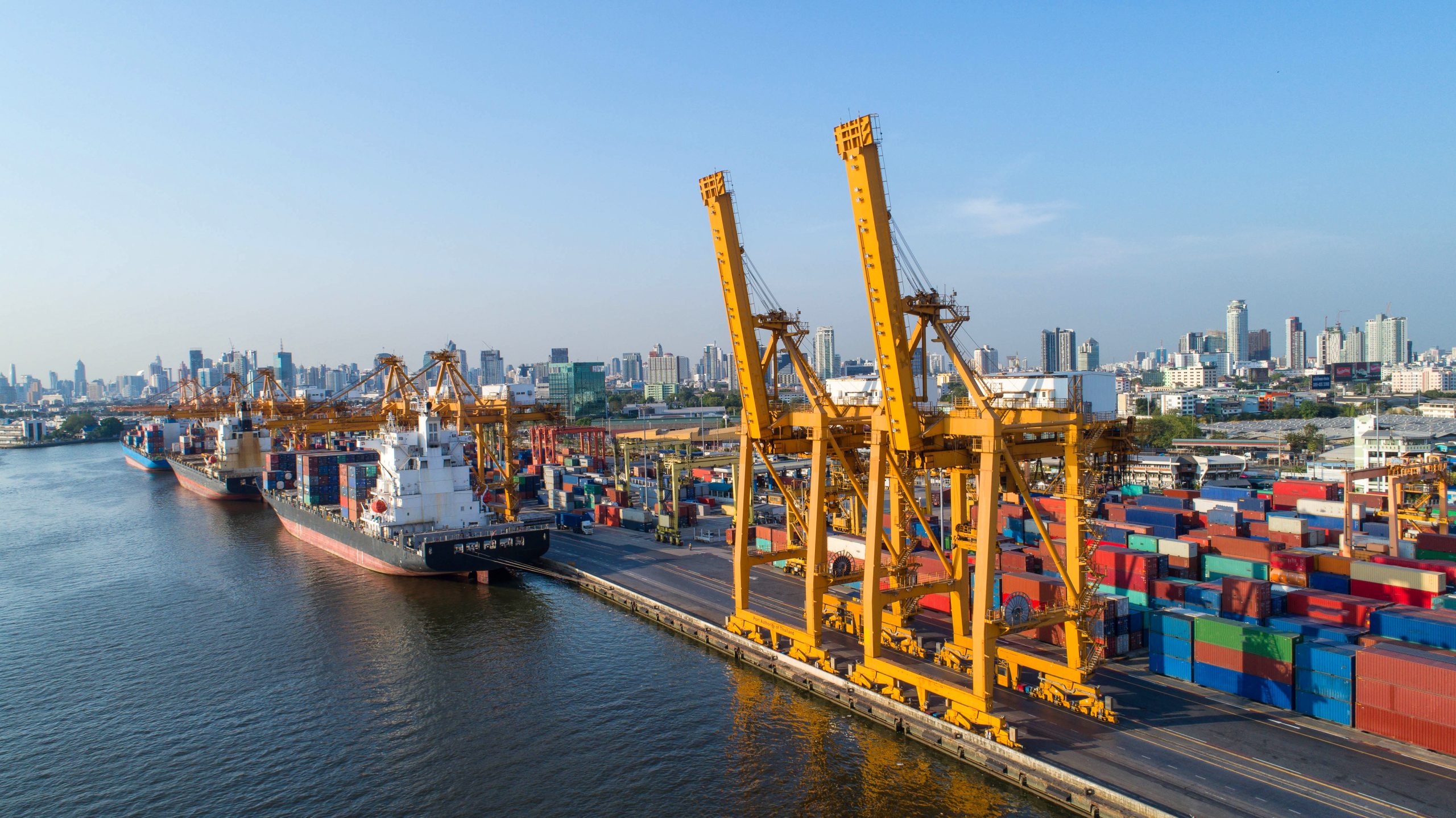
Rethinking Port Operations: Efficiency, Sustainability, and Collaboration
Ports and terminals are the beating heart of global trade. Handling more than 80% of the world’s goods, they are vital connectors between economies, industries, and communities. Yet their role is rapidly shifting. No longer just gateways for cargo, ports are becoming complex ecosystems where efficiency, sustainability, and collaboration define long-term success.
Trade volumes continue to rise, and so do expectations. Customers want faster turnaround times, regulators demand stricter compliance, and stakeholders require greater transparency. Meeting these demands is less about adding infrastructure and more about using existing resources in smarter ways. Advanced planning, automation, and real-time decision-making are helping ports become more agile, capable of anticipating challenges rather than reacting to them.
Sustainability has also become a core business priority. From electrifying equipment to integrating renewable energy and developing green shipping corridors, ports are rethinking their environmental footprint. Digital optimization, too, plays a key role by reducing idle time, unnecessary moves, and emissions. The shift toward greener operations is no longer optional—it is becoming essential to remain competitive in a carbon-conscious world.
Equally important is collaboration. Ports do not operate in isolation; they are part of vast supply chains that depend on seamless coordination between shipping lines, terminals, regulators, and inland transport providers. Greater information sharing and partnership across this ecosystem allow for more transparency, fewer bottlenecks, and stronger resilience against global disruptions such as pandemics, geopolitical tensions, or canal blockages.
Looking ahead, the most successful ports will be those that adapt quickly, embrace sustainability, and foster collaboration at every level. Their role will go far beyond moving cargo; they will emerge as smart, sustainable logistics hubs that shape the future of global trade.

























